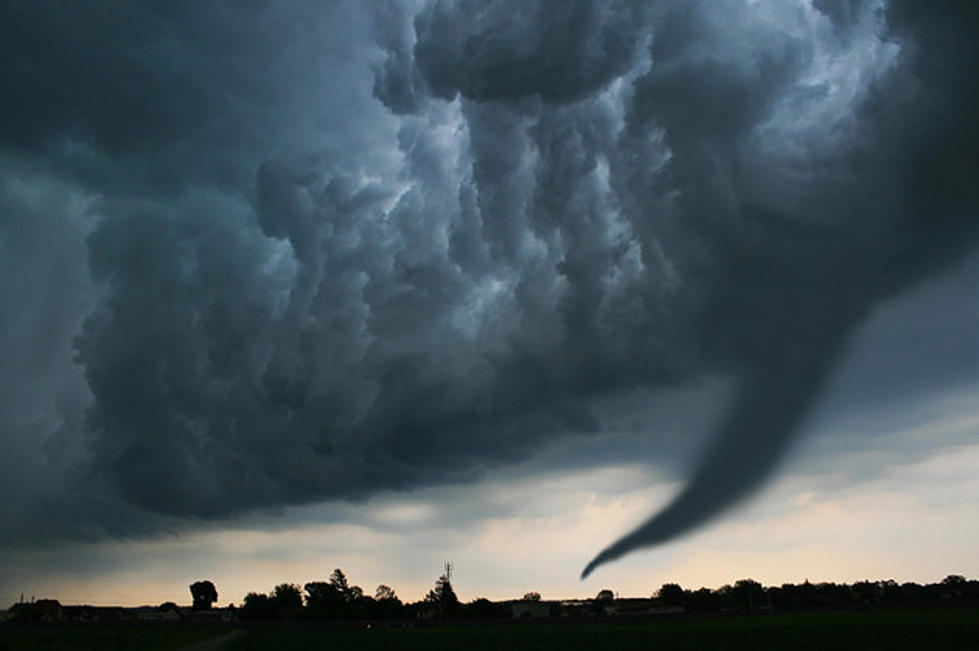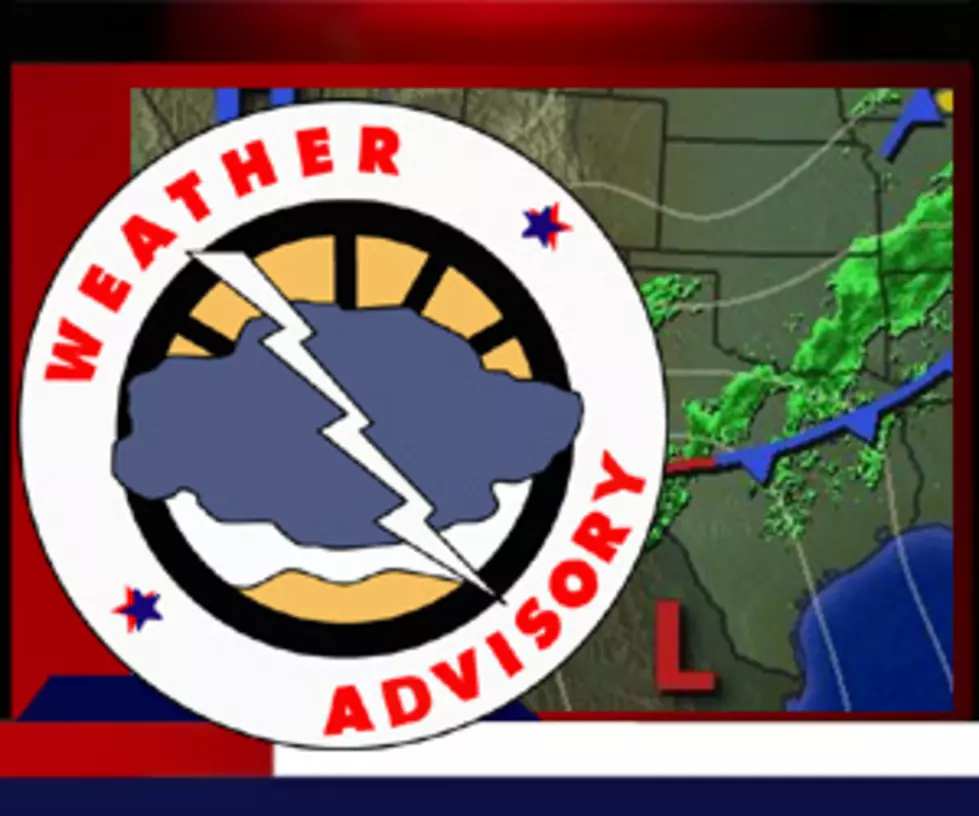
Severe Weather Season Is About to Kick Into High Gear
The busiest time of the year for severe weather is about to begin in the Four States. Are you prepared?
Typically, the spring season, from late March through mid May, is the busiest time of year for severe thunderstorms and tornado activity in our part of the country. Last week's surprise tornado in northeast Texas, which caused some damage along Highway 82 in Red River and Bowie Counties, may be a precursor to an active severe weather season.
Of course, our part of the country through northeast Texas, southeast Oklahoma, southwest Arkansas and northwestern Louisiana is one of the more likely places for tornado activity in the spring.
Tornadoes are most likely in April and May in our part of the country, before the threat usually moves northward as we get into late May and June and settle into a summertime pattern.
While severe storms can occur into the summer, tornadoes are less likely. There is another secondary severe weather season that occurs in fall, when once again severe storms and tornadoes can occur, but with less frequency and usually less ferocity than in the spring.
Remember these weather facts and advice:
Severe Thunderstorm and Tornado Watches, mean conditions are favorable for the formation of severe thunderstorms or possibly tornadoes.
Severe Thunderstorm Warnings mean that a severe thunderstorm is actually ongoing in your area. A Tornado Warning means either a tornado has been spotted, or radar indicates there is a tornado inside a Severe Thunderstorm or that rotation is occurring in the storm, which may indicate a tornado.
In other words, a watch means be on the look out and keep tuned to your radio or computer for news of possible severe weather. A warning means there is severe weather ongoing in the area and you may very well need to take cover.
Two other weather suggestions to keep you safe include going inside or taking appropriate cover should you be caught outside during lightning. Second, during a flash flooding event, never try to cross flooded roadways or underpasses. You cannot properly judge the depth of such water and it could lead to your vehicle stalling or worse yet being carried off by the running stream of water.
It's always a good idea to be prepared at home as well. Make sure you have flashlights, and a weather radio with spare batteries in case of power outages in your neighborhood.
Another good idea is to keep you radio tuned to this radio station when severe weather strikes this spring.
More From Power 95.9








![Tornado Safety Tips For Storm Survival [VIDEO]](http://townsquare.media/site/152/files/2015/05/wall_cloud_texarkana.png?w=980&q=75)
